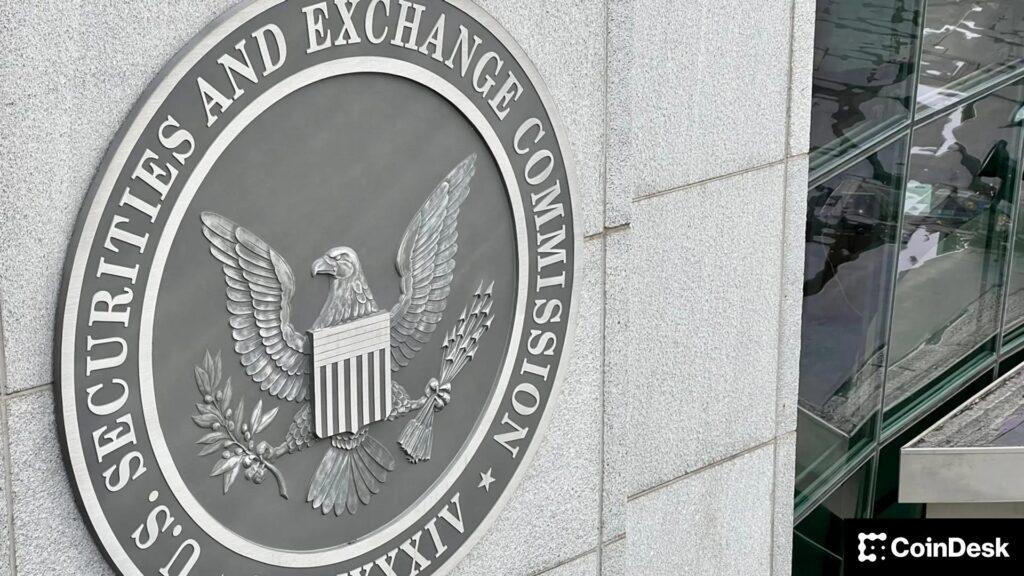The US government entered its fourth week of shutdown on Wednesday, surpassing its second-longest shutdown on record, and the crypto industry is lamenting the big-ticket items being affected, even if the shutdown of federal agencies is not yet causing direct pain.
The government shutdown means the Senate is focused primarily on the task of reopening it, largely neglecting other political activities. This period was supposed to be the narrow window for crypto action in which the Senate had a chance to match the House Digital Asset Market Clarity Act to regulate US crypto markets. That major industry goal has potentially missed its chance by 2025.
“Politically, time is running out on key bills,” said Cody Carbone, executive director of the Digital Chamber. But potentially more painful than the political costs may be that the industry misses out on necessary U.S. fiscal policies. “Lack of tax clarity and missed opportunities to create reasonable tax treatments may cost more in the long term.”
During the shutdown, federal agencies can only deploy employees they deem essential. Not only has it hampered Congress’ crypto work, it has also prevented federal regulators from working on rules for crypto governance, including regulations for stablecoins and online work at the US Securities and Exchange Commission to craft digital asset market proposals.
However, in some areas of crypto policy, work has continued as normal, as an example shared by Caitlin Long, CEO of Custodia Bank, who said a US patent issue for her company was resolved during the shutdown.
“We haven’t felt it,” he told a crowd at DC Fintech Week in Washington.
However, halting certain efforts at the SEC (such as approvals of exchange-traded products (ETPs) and initial public offerings) could have a detrimental effect on the space in the long run.
So far, prediction markets are predicting the likelihood of this government shutdown exceeding the longest on record, which was during Trump’s first term in the White House. The record is 35 days, which is still about two weeks away, but Polymarket and Kalshi contracts predict the doors will open again in mid-November.
“We encourage lawmakers to find a way out of the closure,” Carbone said. “Americans are feeling the pressure, and so is the crypto industry.”
Kristin Smith, president of the Solana Policy Institute, said in a post on the social media site
“Progress on digital asset policy has not stopped,” Summer Mersinger, CEO of the Blockchain Association, said in a statement to CoinDesk. “Even in the midst of a shutdown, the work to build smart, lasting rules for cryptocurrencies continues.”
Read more: State of cryptocurrencies: What happens to cryptocurrencies if the government shutdown persists
UPDATE (October 22, 2025, 17:38 UTC): Add a comment from the Blockchain Association.




